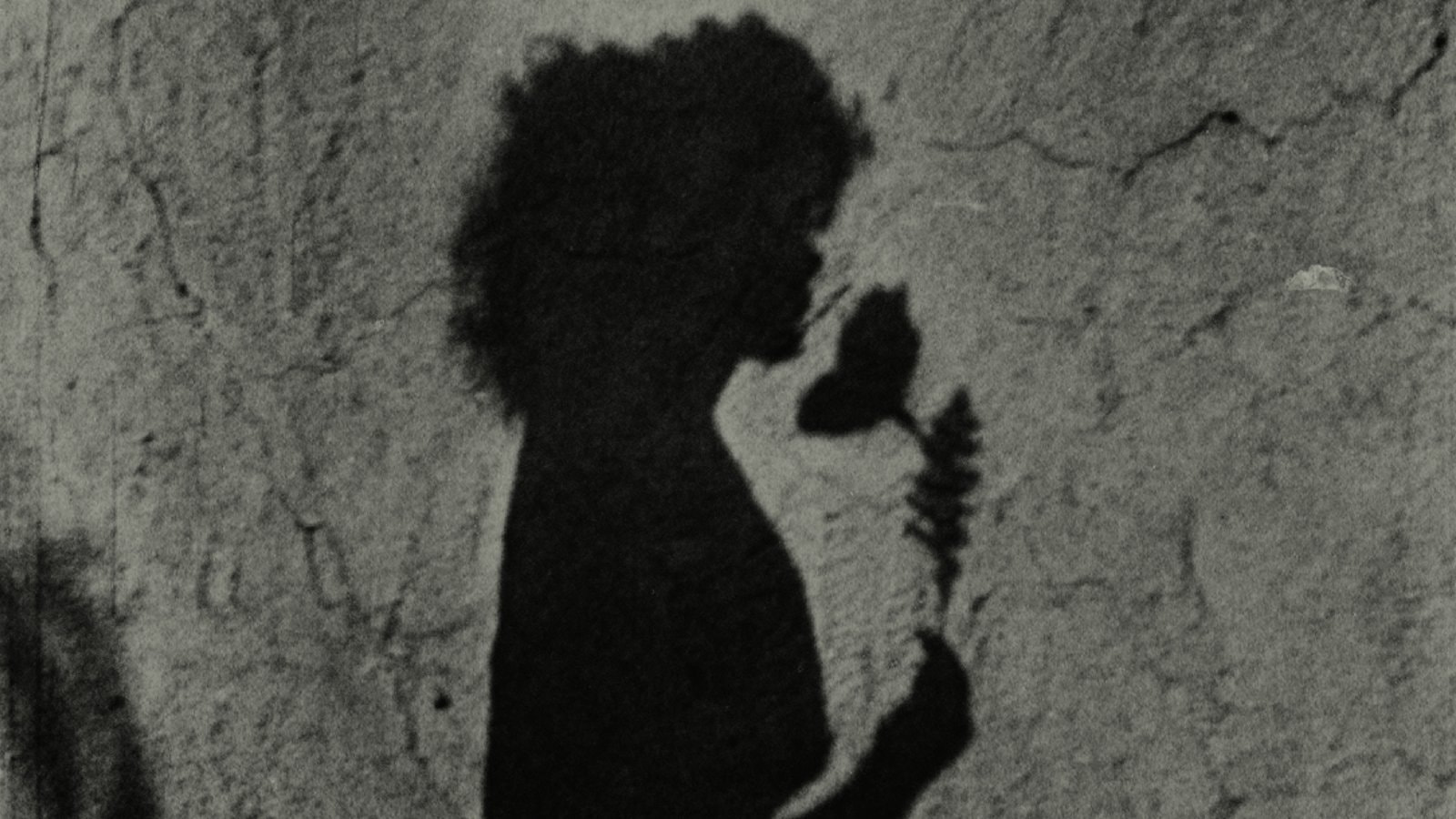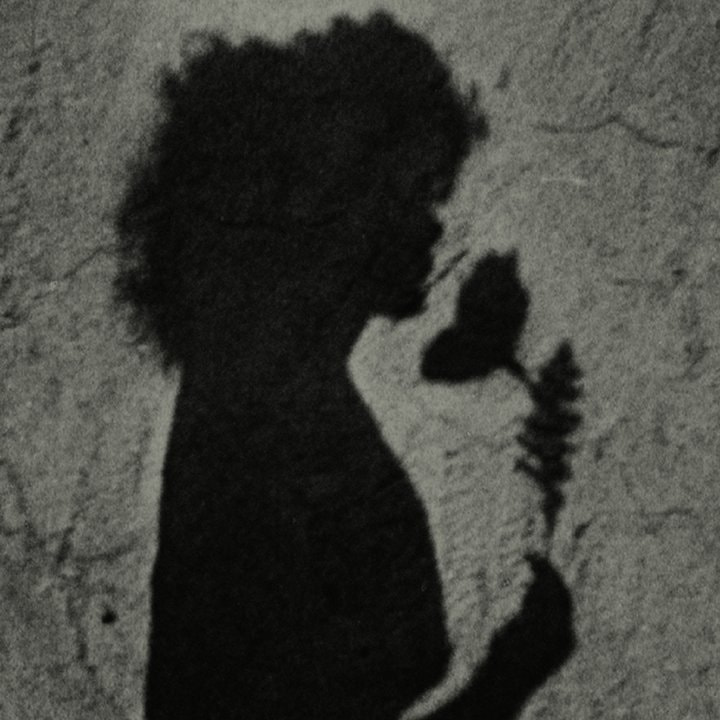The Avant-garde and Its Reflections in Auteur Cinema is a course designed by Yevgeny Maisel, editor of Iskusstvo Kino (The Art of Cinema) magazine, and film critic and cultural expert Inna Kushnareva. It will help participants to understand avant-garde strategies in cinema and how these strategies reveal themselves outside the framework of the avant-garde proper.
Minimalism and the aesthetics of presence, “body politics” and psychodrama, science fiction and eccentricity— tracking down these directions will allow the audience to grasp both the ambitions of the avant-garde and its gravitational influence on more traditional forms of auteur and other types of cinema.
Contact us to get up-to-date information about the course.s.
Number of classes and duration:
14 90-minute lectures
Classes are held in Garage Auditorium with a closed online broadcast in accordance with a Moscow time schedule.
All listeners will get access to the course platform featuring recordings of lectures and links to additional thematic materials for self-study until April 4.
Season ticket costs:
Resident course season ticket (in the Auditorium) — 14,000 rubles
Online subscription (broadcast via the closed channel) — 10,000 rubles
You can join a course after the start of the program. Recordings of missed lectures will be available on the course platform.
Courses can be purchased at the Museum information desk, the Education Center, and online on our site. Recordings will be available until April 4.
If you purchase a course in 2022, access to the platform will be extended by a month to May 4 in order that you have plenty of time to watch the final recorded sessions.

